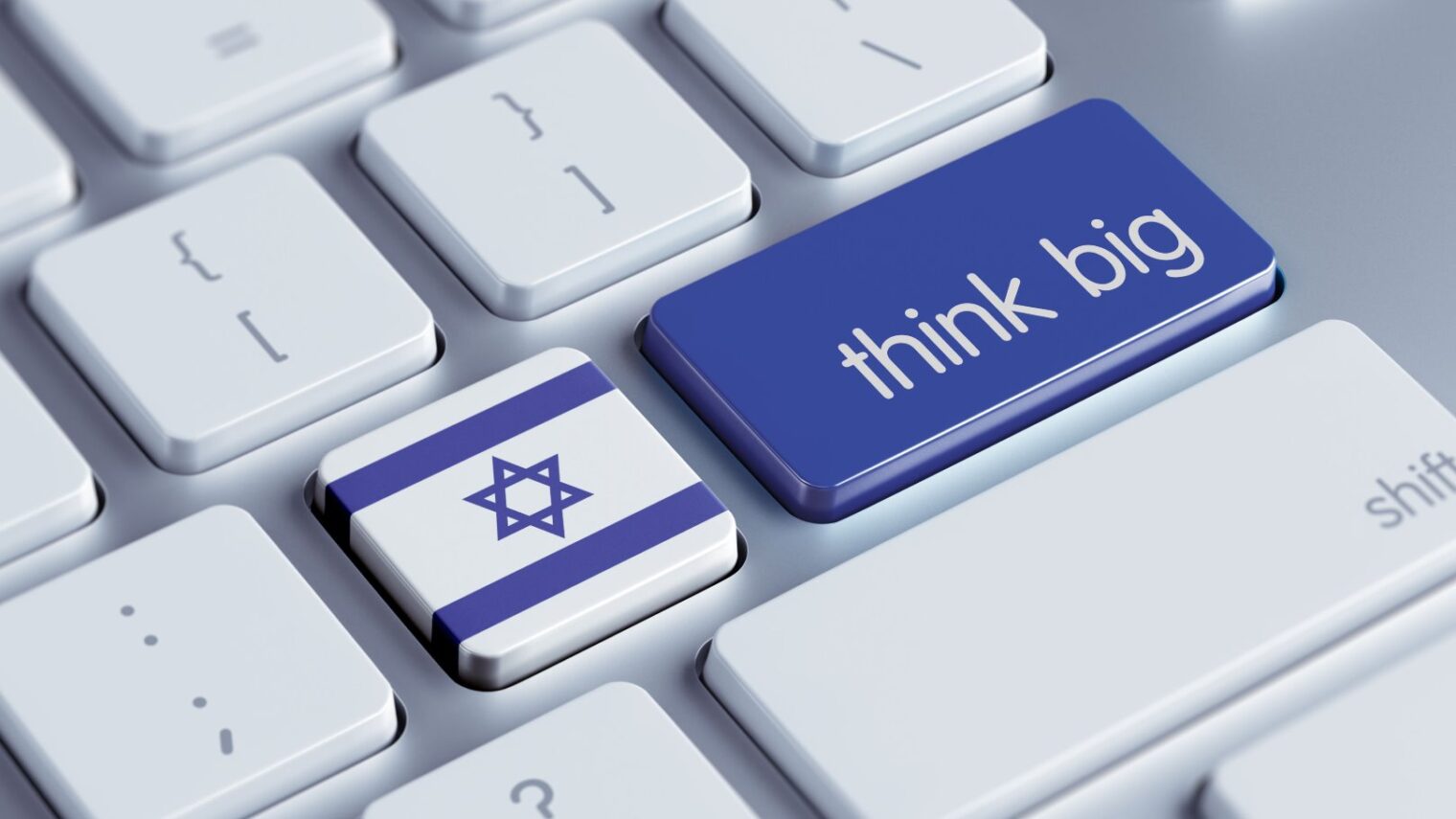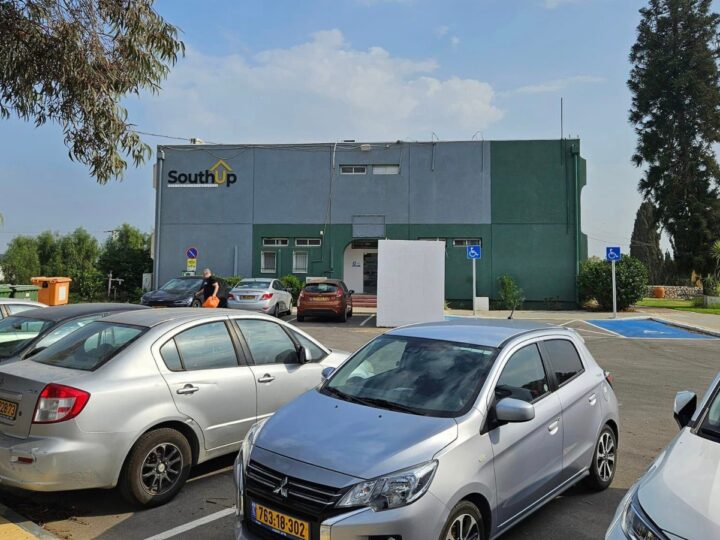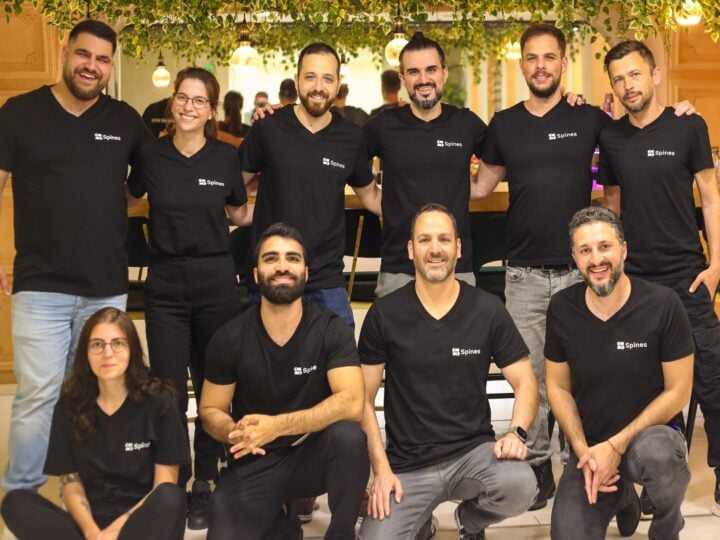Israel ranks about 150 on the scale of countries for size, encompassing only about 10,800 square miles (28,000 square kilometers) and a population under 8.6 million. But its achievements over 68 years of modern statehood have drastically dwarfed its actual size.
Israel is a recognized world leader in many fields, including water and agricultural technology, high-tech, medical devices and humanitarian aid.
ISRAEL21c brings you daily reports of Israeli inventions, innovations, discoveries and altruistic initiatives. Here we’ve chosen 15 of many that made a remarkable impact in the year 2016.

The portable field hospital flown by the IDF Medical Corps to disaster areas around the world was the first field hospital ever to achieve a Type 3 rating, the highest rank on the United Nations’ World Health Organization (WHO) scale.
Run by Medical Corps doctors, soldiers and reservists, the field hospital can accommodate more than 200 patients per day and has 12 emergency medicine stations, three operating rooms, a blood bank, advanced laboratories and imaging equipment. Nepal, Haiti, the Syrian border and the Philippines are among the places it has been deployed.
- AIDING SYRIAN WAR VICTIMS

Syria may officially be an enemy country, but that hasn’t stopped dozens of Israeli individuals, organizations and government bodies – including the Israel Defense Forces – from doing all they can to alleviate human suffering in the country, even though giving this aid is often dangerous.
Israeli aid to the country comes in many forms, much of it under the radar. Nonprofit organization Il4Syrians, which was founded by a private Israeli citizen at the start of the civil war in 2011, sends food, medicine, coats and basic supplies to Syrians in a perilous cross-border mission.
With the help of transports organized by the IDF, some 2,500 Syrian men, women and children have received care in various Israeli hospitals at the expense of Israeli taxpayers and donors. In addition, Israeli-American serial entrepreneur Moti Kahana bought a bus to transport seriously ill or injured Syrian children to Israeli hospitals through his nonprofit foundation, Amaliah, and the Yitzhak Rabin Foundation.
The Israel Trauma Coalition trained clinicians, caregivers and volunteers in Berlin to treat Syrian refugees in that German city. Natan-International Humanitarian Aid, based in Tel Aviv, has provided trauma and post-trauma care to Syrian refugees in Jordan.
The nonprofit IsraAID has been rescuing and providing many forms of assistance to Syrian and other Middle East and African refugees pouring into European countries.
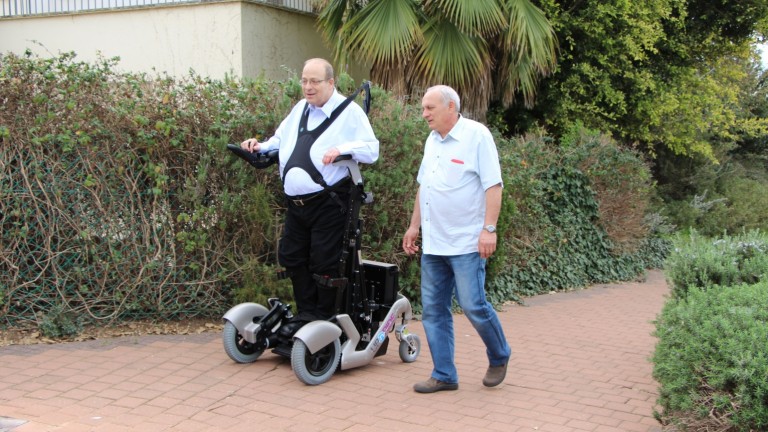
UPnRIDE Robotics of Yokneam Illit introduced UPnRIDE 1.0 at the end of September and expects the revolutionary mobility device – which brings unprecedented mobility to paraplegics and quadriplegics — to be on the market in the second half of 2017.
UPnRIDE’s jointed braces and harnessing straps provide support when transitioning between sitting and standing positions. Cutting-edge motion technology and real-time computing automatically balance and stabilize UPnRIDE on sloped sidewalks, parking lots, ramps and low stairs.
UPnRide was invented by Amit Goffer, a paraplegic who previously invented the ReWalk robotic exoskeleton.
- SMART, CLEAN WASTE MANAGEMENT
It was a great year for Tel Aviv-based Paulee CleanTec. In March, it won $6,000 in the US Environmental Protection Agency’s Nutrient Recycling Challenge for its Manure Convertor, which uses chemical processes to turn livestock manure quickly into non-toxic, non-polluting, ash fertilizer.
In October, Ohio-based OurPets entered a strategic partnership with Paulee (named after its founder’s pet pug) to develop and commercialize the Israeli company’s sustainable, eco-friendly portable system that turns dog droppings into pathogen- and odor-free ash fertilizer in seconds.
And most recently, Paulee’s technology is being integrated into a whole-building sustainable waste-management system under development by California-based Epic CleanTec. The first installation, coming sometime next year in San Francisco, will serve as a pilot and model for further expansion in the United States, Brazil, India and China.
- TRAILBLAZING IN MEDICAL MARIJUANA
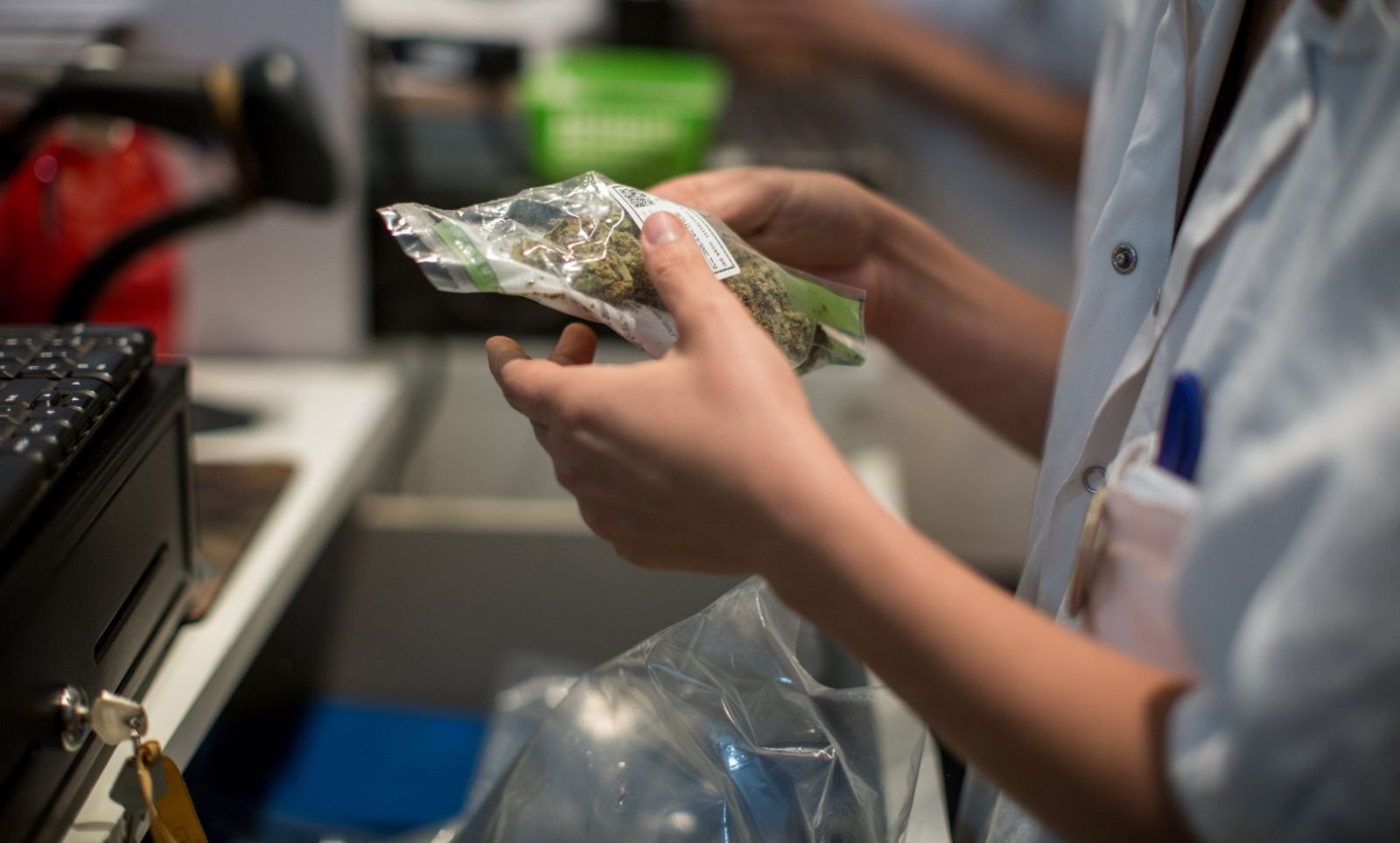
This was the year that’s Israel’s lead in the medical marijuana arena really came to worldwide consciousness. In November, Israeli multinational corporation Teva Pharmaceutical Industries and Israeli startup Syqe Medical agreed to market medical cannabis for pain management in Israel with Syqe’s revolutionary selective-dose pharmaceutical-grade medicinal plants inhaler.
Israel has long been a world leader in both research and technologies relating to medical cannabis. The country even hosts a startup accelerator, Cann10, where entrepreneurs receive a full range of services to establish businesses offering new technologies in this emerging field.
A groundbreaking study released in June by a Ben-Gurion University professor proved that medical marijuana users experience significant pain relief and improved function.
In March, investors, researchers and high-tech entrepreneurs from around the world gathered in Tel Aviv at CannaTech 2016 for the first International Summit for Accelerating Cannabis Innovation.
iPulse Medical’s Livia wearable device for relieving the pain of menstrual cramps created a buzz worldwide and garnered $1,411,515 from supporters in a crowdfunding campaign launched with a $50,000 goal. Clearly, the drug-free solution will be in high demand when it debuts in 2017, first in Europe and later in the United States, pending regulatory approvals.
- WOMEN’S CANCER SCREENINGS IN KENYA

On World Cancer Day on February 4 approximately 700 women in Kenya had their first-ever cervical cancer screening thanks to Tel Aviv-based MobileODT.
Piloted successfully in the United States, Haiti, Guatemala, Botswana, Kenya, Nepal and Mexico, EVA’s advanced optical technology captures and securely transmits biomedical images for diagnosis and analysis using only a mobile phone and an Internet connection. This makes cervical cancer screenings possible in places lacking more sophisticated medical infrastructure.
- A TRUE ISRAELI WONDER

Israeli actress Gal Gadot may have starred in several Hollywood films before 2016, but this was the year she really emerged as a fabulous role model for women. Her performance as Wonder Woman was considered by many as the best part of this year’s Batman v Superman movie.
In October, the United Nations chose Gadot’s Wonder Woman persona as an honorary ambassador for the empowerment of girls and women. The assignment only lasted two months, but Gadot has taken time from the promotion circuit for her new Wonder Woman film, scheduled for release in June next year, to propose a positive new role model for children to see females as superheroes rather than helpless princesses.
Gadot also lent her star power to a short video celebrating accomplished young Israeli women.
- 3D-PRINTED DRESS WOWS AT PARALYMPICS
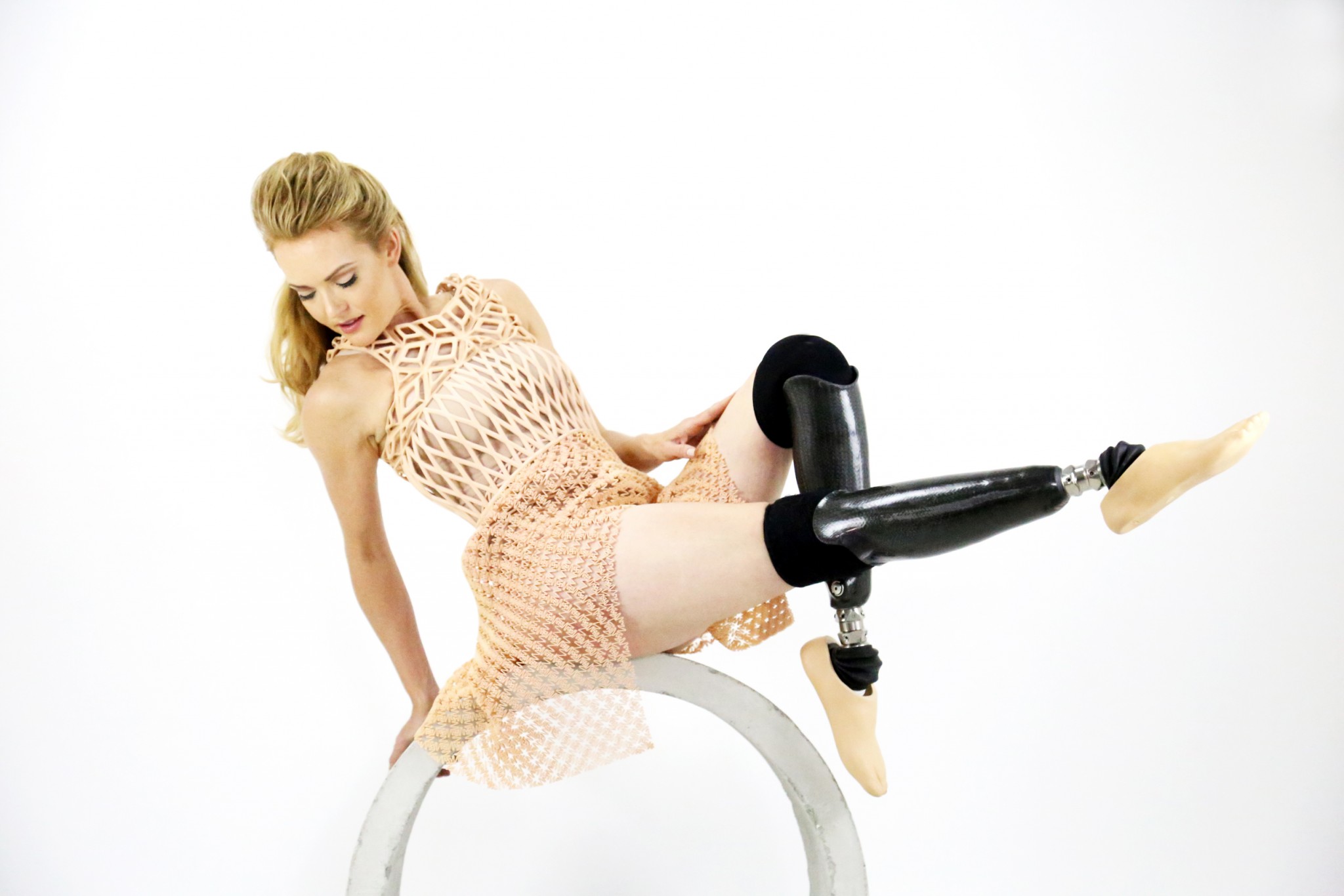
Israeli designer Danit Peleg’s 3D-printed dress caught the world’s attention when US Paralympic snowboarder Amy Purdy wore it to dance a samba with a robot at the Opening Ceremony of the 2016 Paralympics in Rio. Peleg said her design was inspired by Botticelli’s famous painting “The Birth of Venus” and celebrates the intersection of technology and fashion.
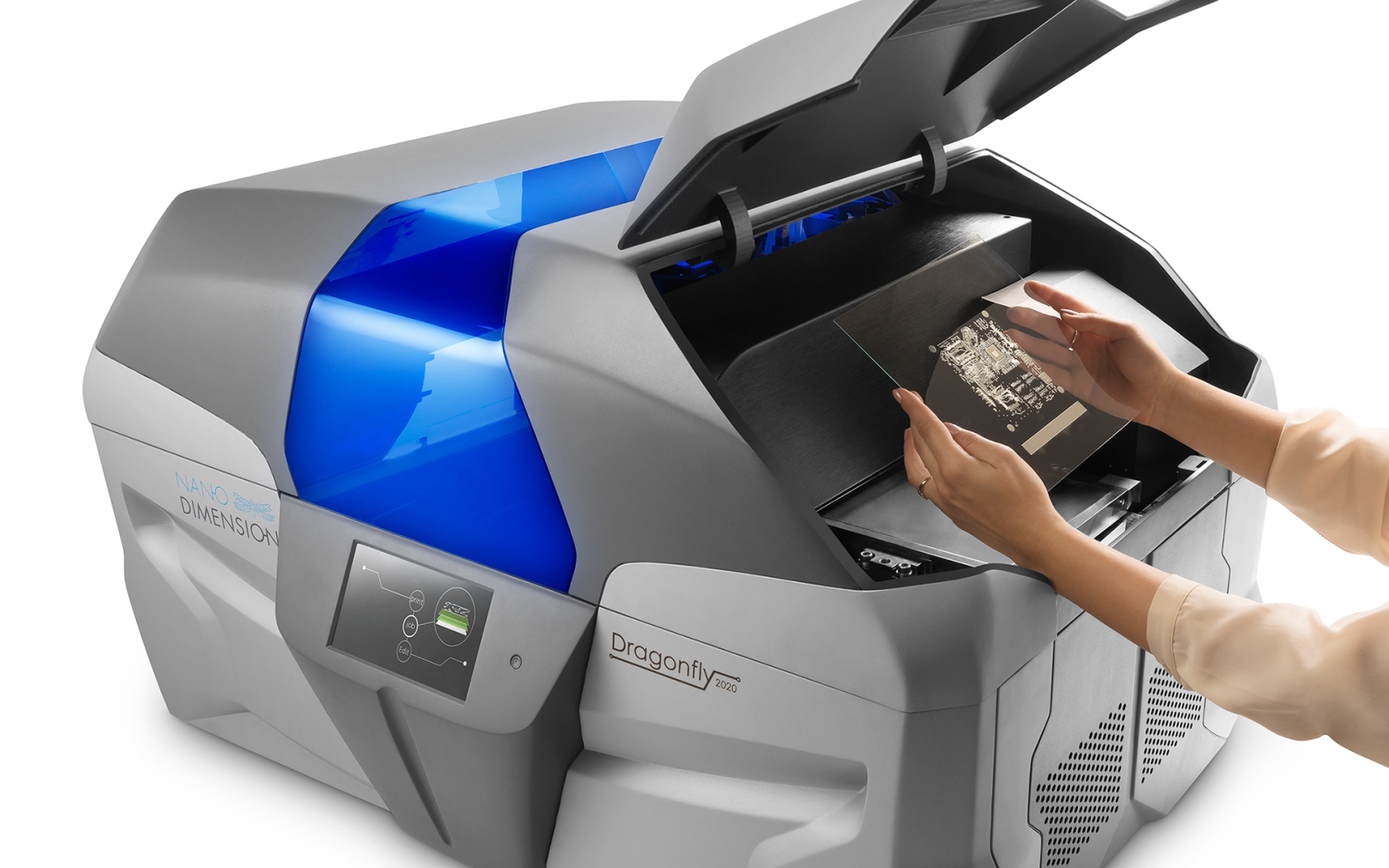
It’s the stuff of science fiction: technology that can print a human organ. Israel’s Nano Dimension, a manufacturer of 3D printers, is collaborating with Israeli biotechnology firm Accellta of Haifa to mix human stem cells into its 3D inkjet printer ink. When expelled through the more than 1,000 tiny nozzles of a Nano Dimension DragonFly 3D printer, the ink can form into human tissue.
While the technology is still at the proof-of-concept stage – and going from simple tissue to a full organ is a daunting and uncharted process – the possibilities for saving lives by “printing” a new liver or lung are staggering.
- CHICKEN MEAT MADE BY MACHINE
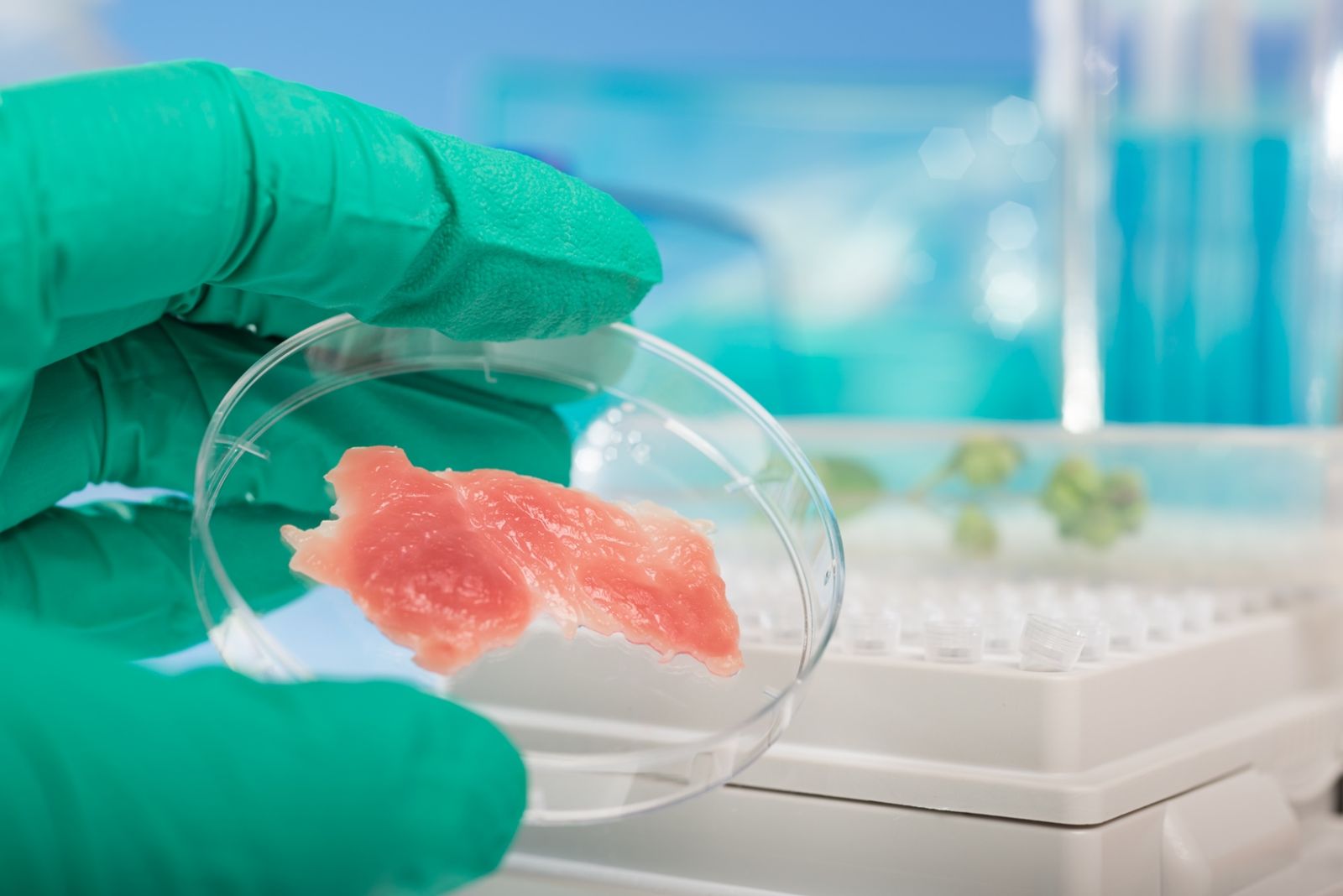
Israeli startup SuperMeat made headlines for its announcement that it is creating the first mass-market device to bring cultured chicken meat to restaurants – and eventually to home kitchens.
Cultured meat is grown from stem cells rather than taken from a slaughtered animal. In the past, this was done in a test tube under highly controlled laboratory conditions. SuperMeat proposes to develop and market a small high-tech “oven” that would make non-GMO meat from a serum, powder or capsule containing cell samples.
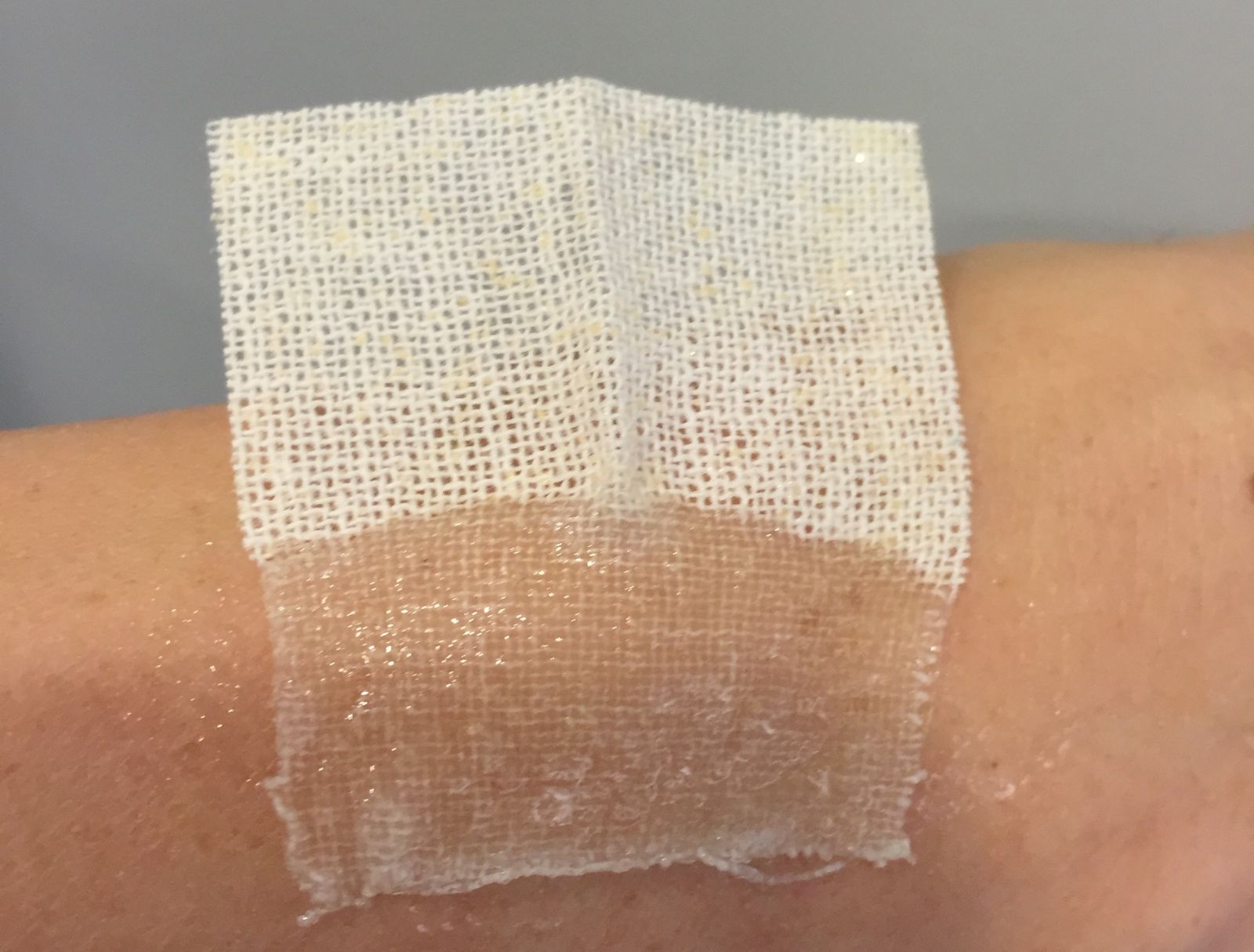
Core Scientific Creations’ WoundClot gauze absorbs about 2,500 percent of its own weight in fluids and forms a coagulating gel membrane that can stop a person hemorrhaging blood within minutes.
The product, which naturally dissolves within 24 hours and is already used by European hospitals and American and Israeli first responders, fills a large need in situations when compression is not effective or even counterproductive as in the case of stab wounds and certain other kinds of trauma.
An Israeli and American research team published a high-profile study in September showing that combined genetic therapy and chemotherapy proved extremely effective in preventing breast cancer metastasis — the deadly spread of cancerous cells to vital organs — in lab mice with a primary breast tumor.
Researcher Noam Shomron of Tel Aviv University says there is a strong correlation between the effect on genes in mouse cells and the effect on genes in human cells. The results point to a major advance in the fight against breast cancer.
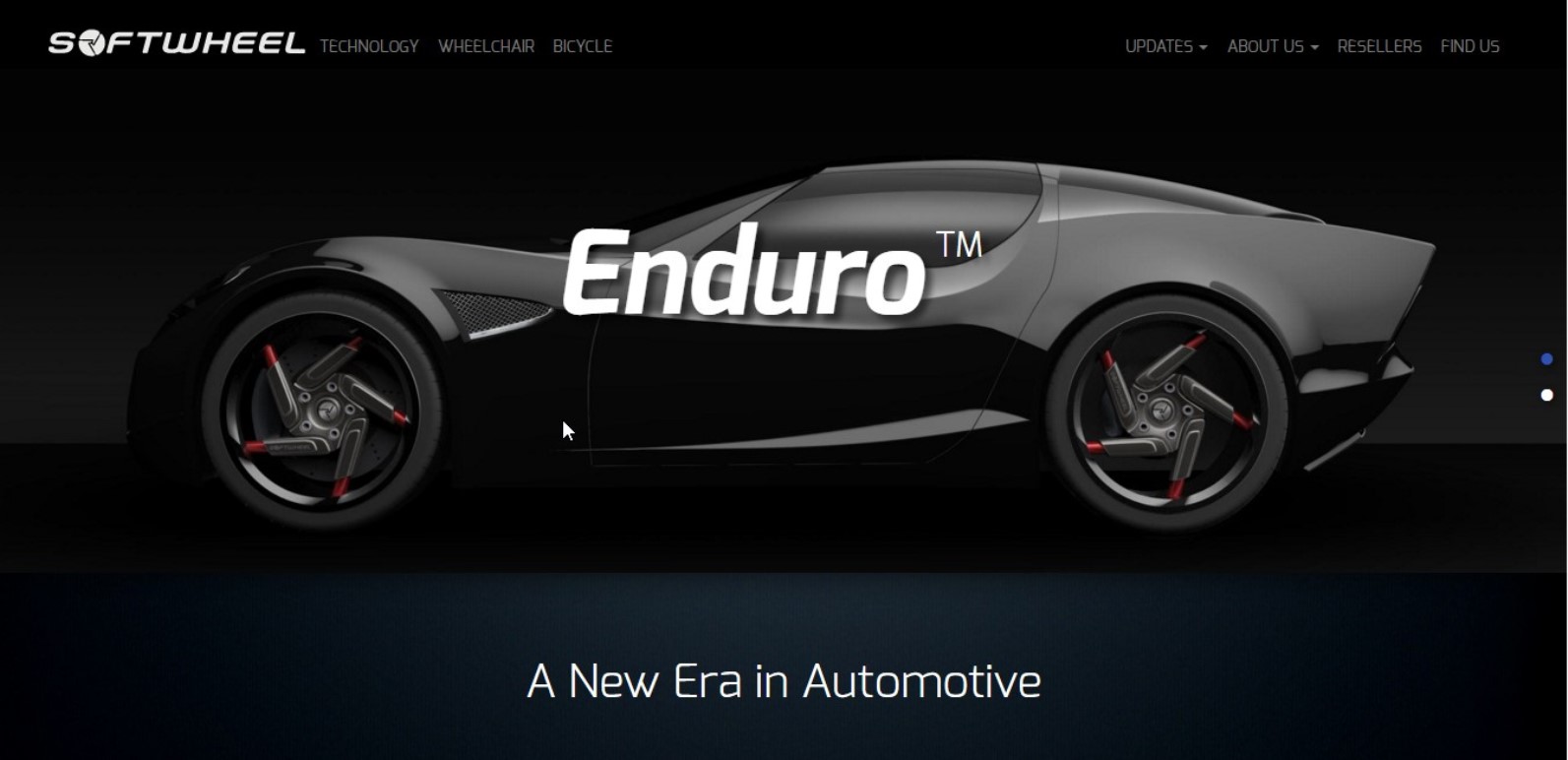
SoftWheel, the Israeli company that literally reinvented the wheel by replacing the traditional spoke-and-rim hub with an innovative automatic suspension system, is entering the automotive sector with its Enduro wheel, aiming to bring the same radical improvements to automobiles that it has already brought to wheelchairs and bicycles.
Because Enduro’s rigid tire is not filled with air, it can never go flat.
“The best way to revolutionize the world is to revolutionize transportation,” SoftWheel CEO Daniel Barel said upon introducing the concept last March. “No more flat tires, 20% more energy efficiency, better maneuverability, higher safety, lighter — better in every way.”
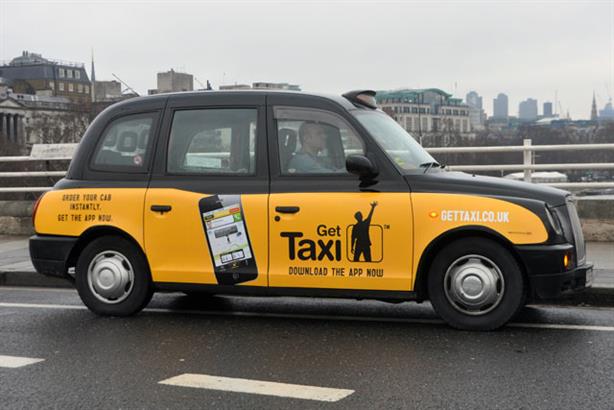
Gett (formerly Get Taxi), the popular Israeli ride-hailing app used in some 50 cities across the globe, amazed the business world with its March acquisition of British black cab company Radio Taxis. Gett now owns a fleet of 11,500 licensed London taxicabs – about half the cabs in the city — in a bid to provide its technology to Radio Taxis’ corporate customers.
In May, Volkswagen invested $300 million in Gett as part of its shifting focus to new technologies and on-demand personal transport solutions.
And in August, Gett began to integrate its ride-hailing app into Google Maps’ automatic navigation options.




